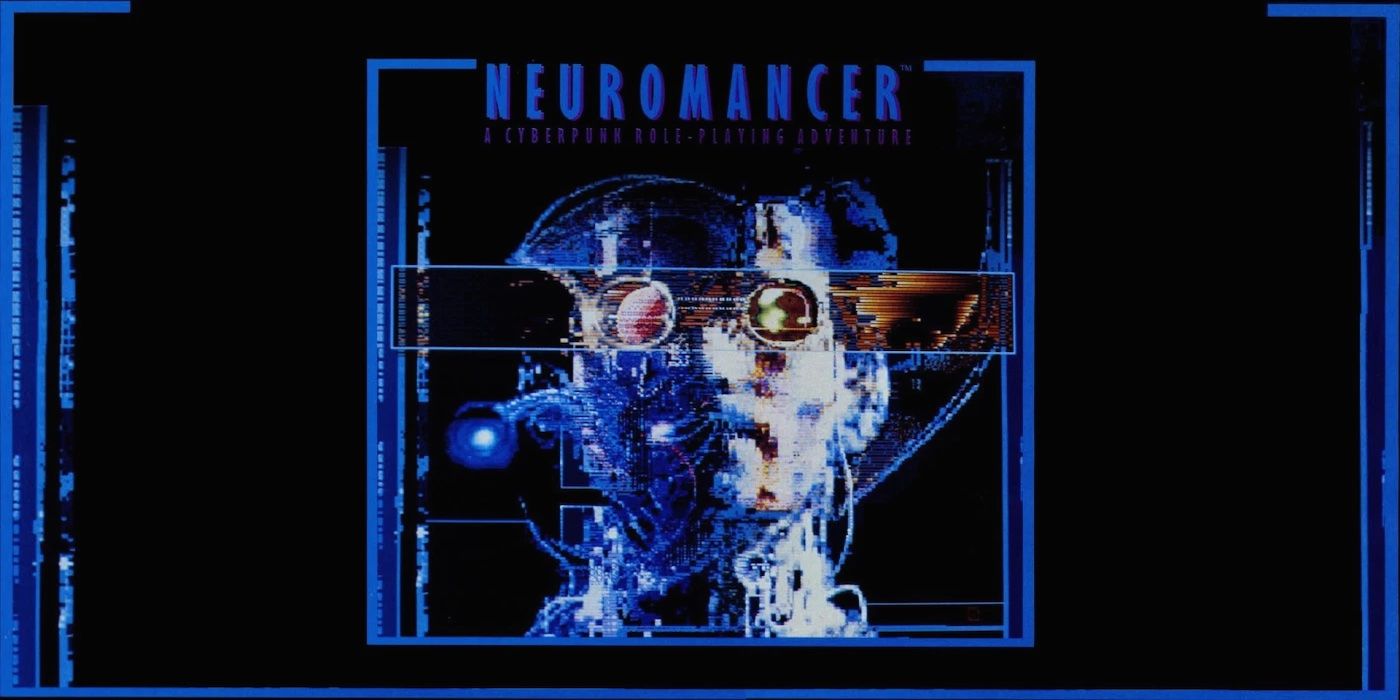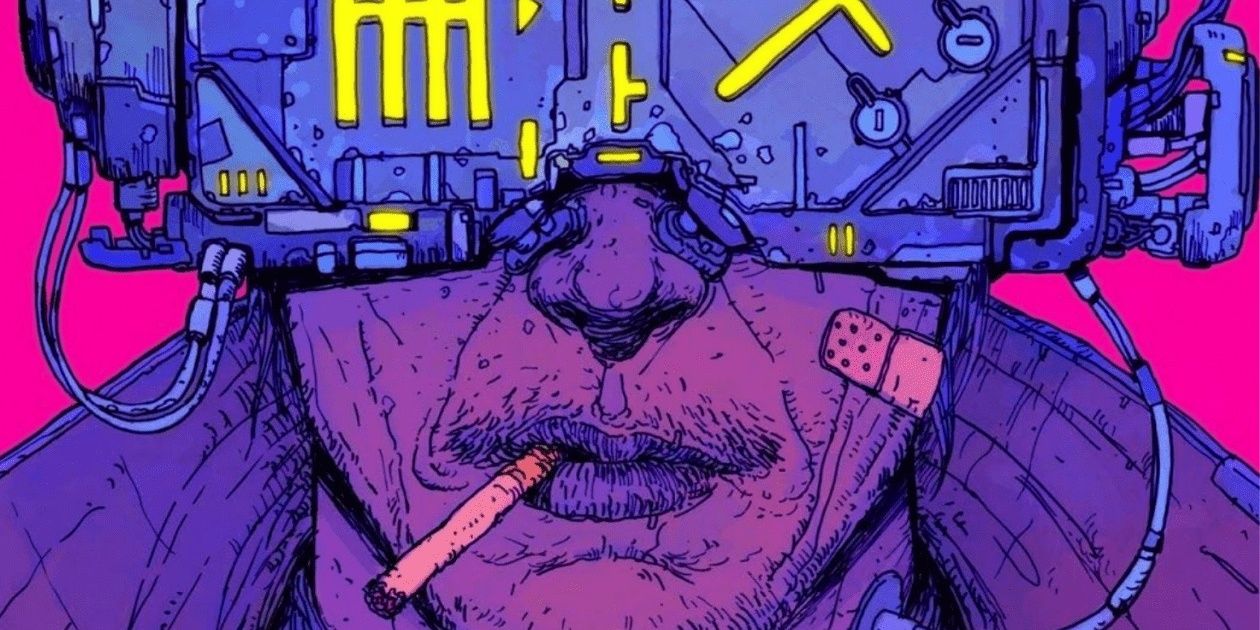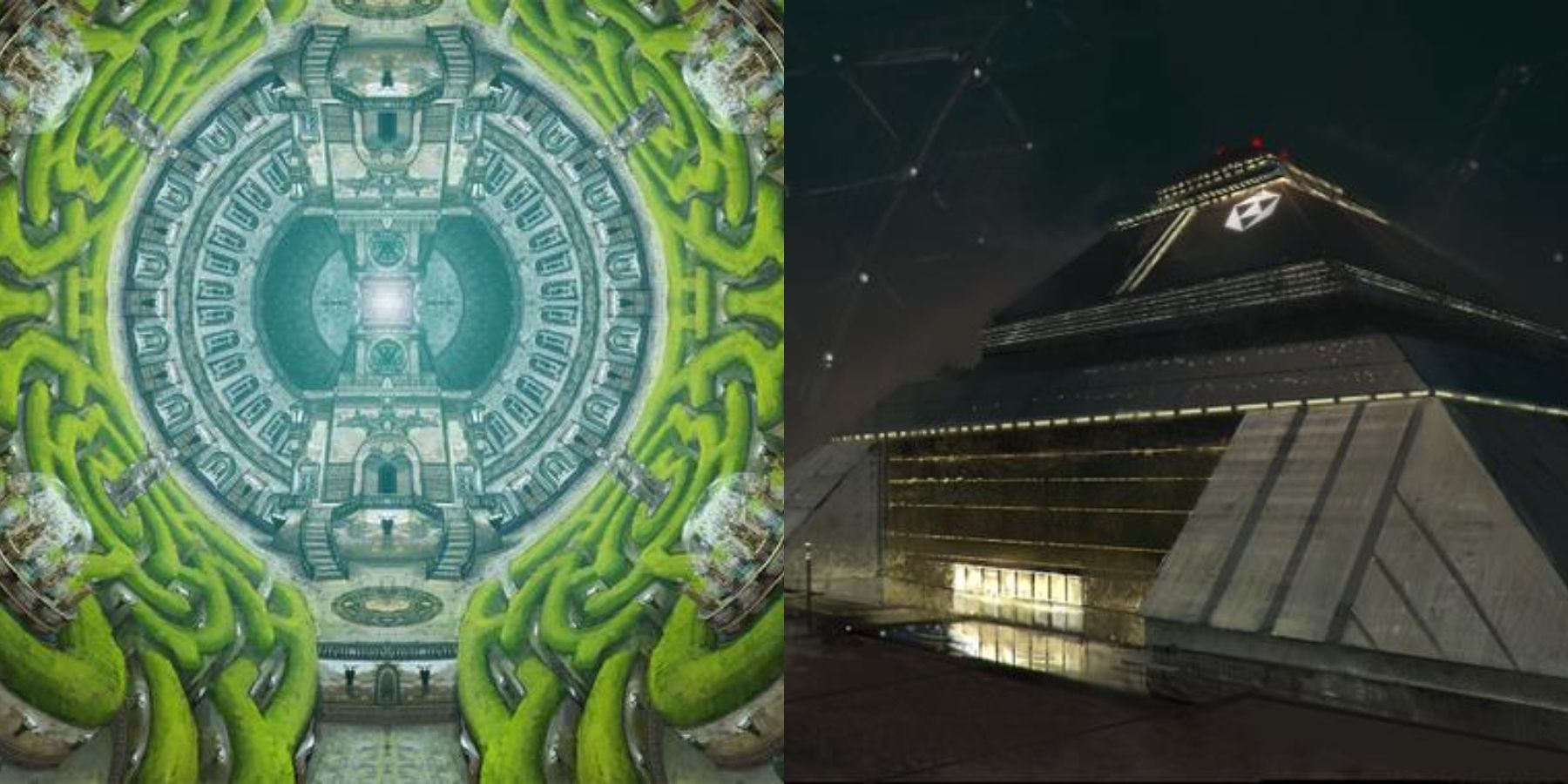Frank Herbert’s science fiction classic Dune is famously impossible to adapt. That hasn’t stopped people from trying. The book was published in 1965, and not quite twenty years later audiences were treated to the first attempt at a film adaptation. The David Lynch-directed Dune released in 1984 and became a science fiction film classic. That’s not to say it’s a great film or a faithful adaptation, but it has a following all of its own.
Then came a three-part miniseries in the year 2000. Frank Herbert’s Dune is the quintessential Sci-Fi Channel series, and it was lauded by critics and fans as a wonderful and entertaining attempt at adapting the unadaptable. Now, of course, another attempt is being taken on by Denis Villeneuve. His film Dune, which will tackle only the first half of the original novel, is due out later this year.
Despite having three filmed adaptations, Dune is still thought of as impossible to capture on film. The story has dozens of characters, and, depending on how you slice it, over eight hundred pages of material to be translated to a watchable format. Really, though, the trouble is that Dune, like most science fiction, is a book of ideas.
It’s the speculative aspect of science fiction that makes it so impactful, but also so difficult to translate from page to screen. Books with fewer pages and a punchier plot than Dune can be equally unadaptable when their popularity comes from the ideas they wrestle with. Take, for example, William Gibson’s 1984 novel Neuromancer. The book is a quarter the length of Dune, and it follows a straightforward heist plot, but unlike Herbert’s classic, Gibson’s novel has actually earned a reputation for being impossible to adapt.
Neuromancer
Released the same year David Lynch unveiled his take on Dune, William Gibson’s Neuromancer is the book that cemented cyberpunk as a true science fiction subgenre. When the book was released, it became the first novel in history to win the Hugo, Nebula, and Philip K. Dick awards. It was Gibson’s debut novel, but in the years leading up to its release he penned numerous short stories and coined the term “cyberspace”.
Neuromancer follows Case, an ex-hacker who got caught stealing from one of his less-than-reputable employers. They paid him back by using a mycotoxin to damage his nerves, severing his ability to “jack in” to cyberspace. Case plans to drink and drug away his days, until he’s approached by a woman with blades in her fingers and mirrors in her eye sockets. She and her employer, a mysterious ex-military figure named Armitage, have a job offer for Case: Help them steal a sophisticated AI from a fortress called the Villa Straylight, and they can fix his nerves.
In less than three hundred pages, Neuromancer explores the nooks and crannies of its “high tech, low life” world and characters. Like a mash between a heist movie, Blade Runner, and The Matrix (which the book helped to inspire), Neuromancer is equal parts thrilling action and cerebral think piece. Gibson sold the film rights to his novel decades ago. Why haven’t we seen it?
Development Is Hell
The drive to adapt Neuromancer has existed since day one. In 1988 Interplay Productions created a video game based on the novel. Radio plays based on it have been produced by the BBC. Any time a filmmaker gets near the project, things fall apart.
The first promising film attempt came in the early 2000s. British music video director Chris Cunningham worked closely with William Gibson on his plans for a film. Within a few years, the project was sidelined. Then Joseph Kahn (Torqued, Detention, Bodied) signed on. He got as far as storyboarding some of the earliest scenes in the film before he decided to leave the project.
Third time’s the charm, right? Vincenzo Natali (Cube, Splice) became the third person to lead the charge on Neuromancer. He spent several years working on the project. By all accounts, a script was written, and plenty of storyboards were drawn up. Years later, Natali shared some of his concept art for the film, and it looks as though he perfectly understood the aesthetic of Gibson’s classic novel.
Sadly, it wasn’t meant to be. Natali’s project, like those that came before, fell through and the director signed off. Four years ago, cyberpunks everywhere perked their ears up when it was announced that Tim Miller (Deadpool, Terminator: Dark Fate) was going to take a stab at Neuromancer. Then, nothing. As of right now, the Neuromancer movie is as close to a theater screening as it was in 1984.
Impossibilities
There are plenty of reasons why we've never seen Neuromancer. The novel is ambitious. It starts in a Blade Runner-esque future Japan with noir vibes before traveling to a high-tech American offshoot called The Sprawl. The novel also has scenes set in small ships in orbit and in a nebulously defined "cyberspace". A proper adaptation would need a sizeable budget.
It would also need to overcome comparisons to other works. Neuromancer played a big role in inspiring films like The Matrix, Repo Men, Mute, and even more approachable works like Ready Player One. Since the novel has taken so long getting to the screen, there's a risk that a filmed version of Neuromancer would be viewed as a rip-off of stories it actually helped to create.
The main problem is that Hollywood has a hard time selling itself and its audiences on science fiction. Long-winded, deep-thinking films that aren't tied to a major franchise aren't exactly all the rage these days. In that regard, if Denis Villeneuve does the impossible and creates a Dune movie that truly works, the doors might swing open a little wider, and Neuromancer might finally slip through.



